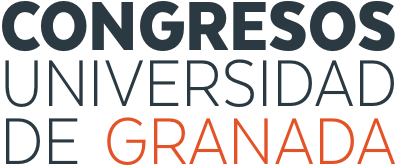
International Conference Protestantism and Political Rebellion in Early Modernity
Departamento de Filologías Inglesa y Alemana
Carmen de la Victoria
Congreso /
Web: http://congresos.ugr.es/protestantismrebellion
The concept of rebellion dovetailed with the discourse of the Protestant Reformation in complex ways in the sixteenth and seventeenth centuries. Rebellion was explored at times as a theoretical notion read against the background of new interpretations of the Bible, whereas on other occasions ideas on rebellion sustained, encouraged or justified violent uprisings or revolts such as the German Peasants’ War, the Münster Rebellion or the armed resistance of the city of Magdeburg to the imperial troops of Charles V. Jacques Almain, John Knox, George Buchanan, John Ponet, Christopher Goodman, Théodore de Bèze, Philippe du Plessis-Mornay, and Philips van Marnix van St. Aldegonde are among the Protestant authors who ponder over the concept of rebellion, the circumstances that would call for rebellion and that would sanction it, and the agents who could legitimately initiate and manage the process of the deposition of political, religious and royal authorities. These authors inevitably address the dilemma of whether obedience to the law of God should prevail over the obedience due to a tyrannical monarch, acknowledged nonetheless as a heavenly appointed authority.
This international conference explores theoretical notions on rebellion as understood in early modernity, as well as case-studies of actual uprisings and revolts either encouraged and justified or suffocated and crushed by Protestant authorities. Further suggested topics for discussion include Catholic discourses that understand Protestantism as a rebellious and subversive religious and political ideology (and the policies ensuing from this belief), as well as the representation in early modern literature of the connections between political rebellion and Protestantism.
The conference welcomes scholars and doctoral students working in the fields of History, Philosophy, Political Science, and Literature and Translation in early modernity. The languages of the symposium are English and French. The organisers intend to publish an edited volume with a selection of papers.



